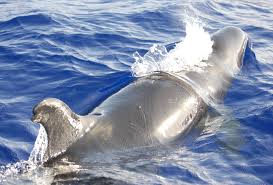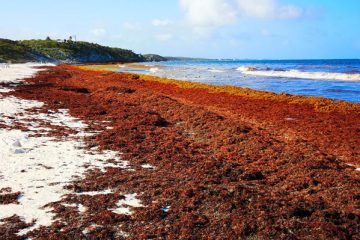Understanding the False Killer Whale: Behavior and Conservation

Introduction
The false killer whale (Pseudorca crassidens) is a remarkable marine mammal belonging to the dolphin family. Their importance in marine ecosystems and unique social structures make them a significant species for study, especially as they face various threats from human activities. Understanding their behavior and conservation status is essential in promoting biodiversity and maintaining ecological balance.
Behavior and Social Structure
False killer whales are known for their highly social nature, often living in close-knit family pods. These pods can range from 5 to over 30 individuals, demonstrating complex social interactions that resemble those seen in other dolphin species. They are intelligent creatures, exhibiting learned behaviors and engaging in cooperative hunting methods when pursuing prey such as fish and squid.
Habitat and Distribution
False killer whales are found in warm and temperate waters worldwide, often inhabiting deep oceanic environments as well as coastlines. They are commonly seen in tropical regions and can migrate over considerable distances in search of food. Their adaptability to various marine habitats allows them to thrive; however, their distribution is increasingly impacted by human activities, including fishing practices and pollution.
Conservation Status
Despite their wide range, false killer whales face several threats that warrant conservation attention. They are susceptible to bycatch in fishing gear, habitat degradation, and the impacts of climate change. As a result, regional populations are declining, leading to their classification as ‘Data Deficient’ on the IUCN Red List. Conservation efforts are crucial to protect these unique cetaceans and their habitats. Organizations are working to mitigate bycatch risks and promote sustainable fishing practices to aid in their recovery.
Conclusion
Understanding the life of false killer whales and the challenges they face in today’s oceans is vital for their conservation. Raising public awareness about the significance of these remarkable beings and the threats posed by human activities can help foster support for protective measures. The future of false killer whales depends on collective efforts to preserve marine biodiversity and ensure their habitats remain safe and thriving.









